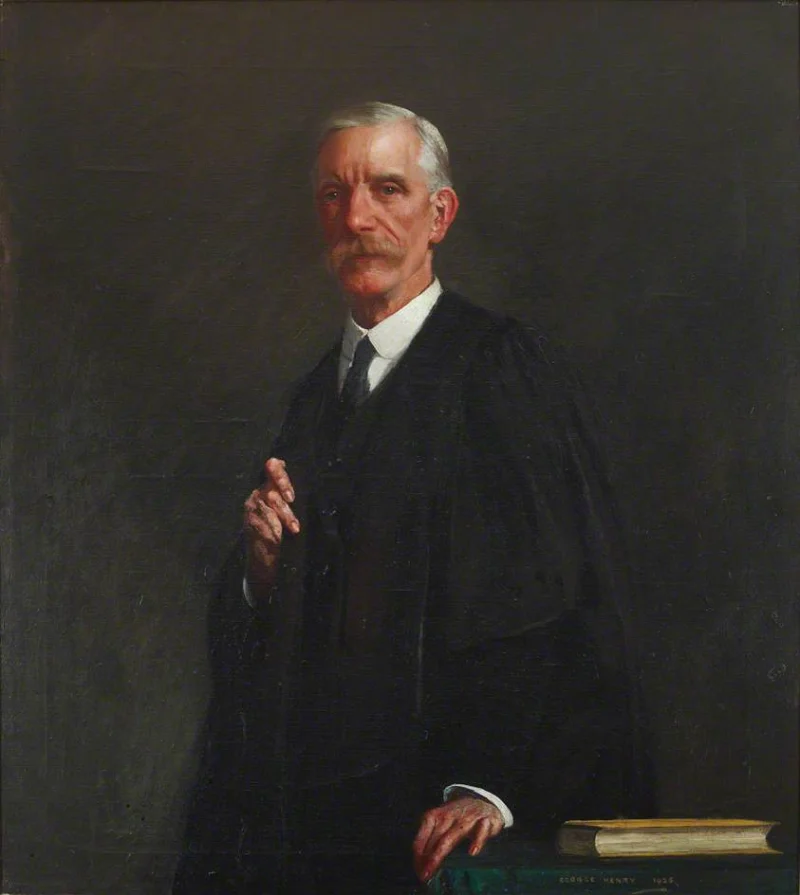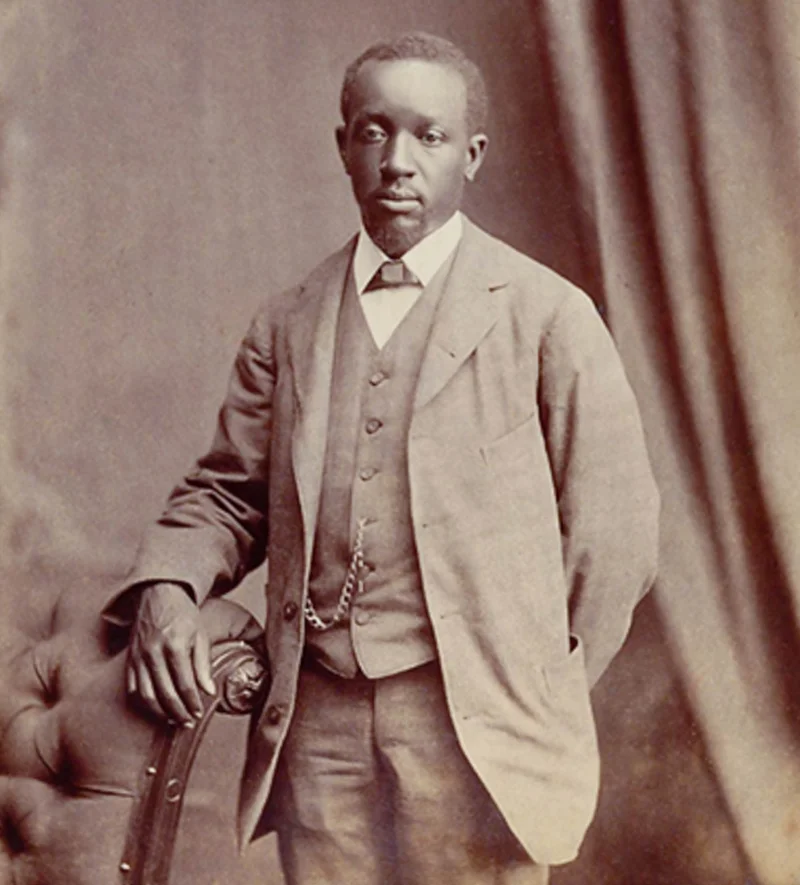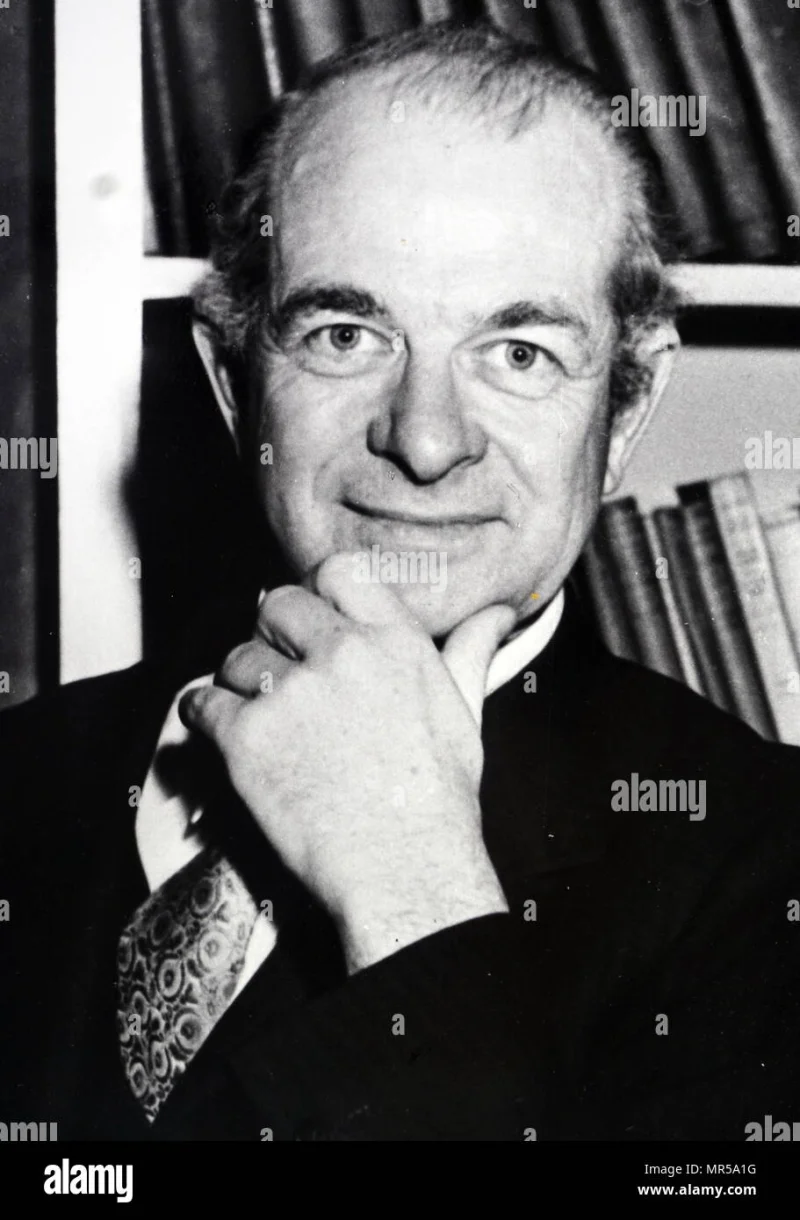Short Summary
Frederick Gowland Hopkins was a pioneering English biochemist, renowned for his discovery of vitamins and their vital role in nutrition. He was awarded the Nobel Prize in Physiology or Medicine in 1929 for his work on the essential dietary factors now known as vitamins. His research laid the foundation for modern nutritional science and significantly advanced the understanding of human health and metabolism.
Early Life & Education
Frederick Gowland Hopkins was born on June 20, 1861, in Eastbourne, England. He was the son of a bookseller and a talented amateur musician, which fostered his early interest in science and the arts. Hopkins attended the City of London School, where his academic potential was first recognized. He pursued higher education at University College, London, and later at Guy's Hospital, where he studied medicine. His early exposure to scientific literature and experimental chemistry greatly influenced his future career in biochemistry.
Career Highlights
Hopkins began his career as a demonstrator of chemistry at Guy's Hospital and later became a lecturer in toxicology at the same institution. In 1898, he joined the University of Cambridge, where he established the Department of Biochemistry. His groundbreaking research on the nutritional value of proteins and the discovery of essential dietary factors, which he termed "accessory food factors," revolutionized the understanding of nutrition. Hopkins's efforts in biochemistry led to the recognition of vitamins as crucial elements in human health, paving the way for modern nutritional science.
Major Achievements
- Discovered vitamins and their essential role in nutrition, which revolutionized dietary science.
- Awarded the Nobel Prize in Physiology or Medicine in 1929 for his work on vitamins.
- Founded the Department of Biochemistry at the University of Cambridge, establishing it as a leading research institution.
- Made significant contributions to the understanding of enzymes and metabolic processes.
Famous Quotes
- "The prevailing opinion is that the food must provide all the necessary building stones for growth and repair."
- "Some accessory factors in foods are indispensable to growth and health."
Interesting Facts
- Hopkins was knighted in 1925 for his contributions to science.
- He was a passionate advocate for the integration of chemistry and biology in understanding life processes.
- His research contributed to the identification of tryptophan as an essential amino acid.
- Hopkins was one of the first to suggest the existence of individual vitamins.
Legacy / Influence
Frederick Gowland Hopkins's research fundamentally transformed the field of nutrition, leading to the identification and understanding of vitamins. His work has had a lasting impact on dietary practices, public health policies, and the development of nutritional supplements. By establishing biochemistry as a vital scientific discipline, he paved the way for future research in metabolism and health sciences, influencing generations of scientists worldwide.
FAQ
Q: Why is Frederick Gowland Hopkins famous?
A: He is famous for discovering vitamins and their essential role in nutrition, earning him the Nobel Prize in Physiology or Medicine.
Q: What was his major contribution to science?
A: His major contribution was identifying vitamins as crucial components of a healthy diet.
Q: Where did he work during his career?
A: He worked primarily at the University of Cambridge, where he founded the Department of Biochemistry.













